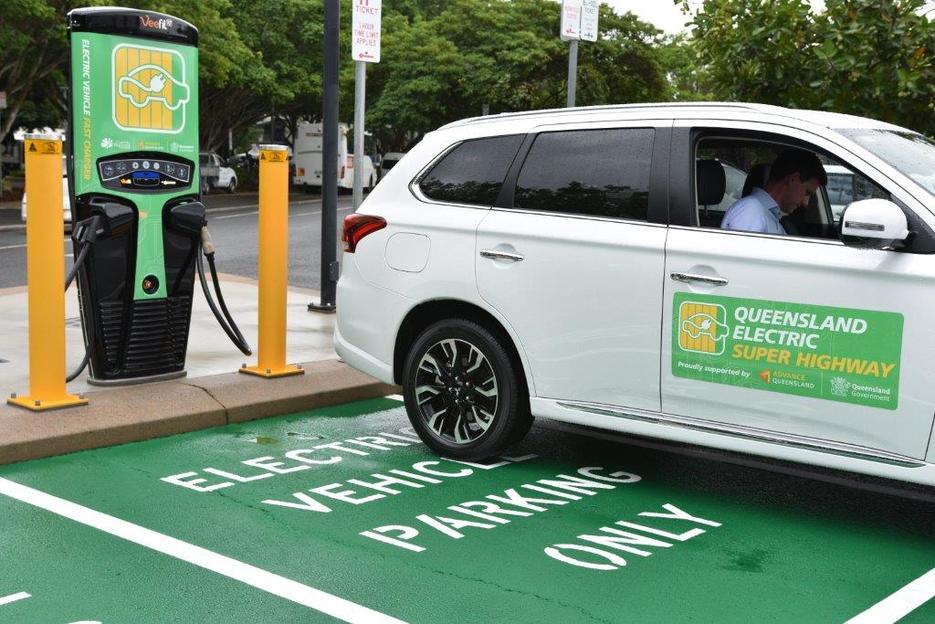RACQ says drivers need a 'fair go' with road user charging reforms
News
The State’s peak motoring body has welcomed a report outlining how fuel excise charges could be scrapped in favour of comprehensive road user charging reform to better support the country’s transition to electric vehicles (EV).

The report, published on Friday by Infrastructure Australia, touted the development of a distance-based charging scheme to replace the current fuel excise tax.
RACQ’s Head of Public Policy Susan Furze said the Club had long called for a national overhaul of how drivers paid for the upkeep of our roads and infrastructure.
“As our population continues to grow, so does our need for road and transport infrastructure, but we know fuel excise is a major source of funding for these projects and as we see more EVs and fuel-efficient vehicles on our roads, this revenue will decline,” Ms Furze said.
“That’s why we need to plan now to make sure our transport infrastructure meets our future mobility needs while also paving the way and encouraging the transition to zero emission vehicles.”
Ms Furze said it was important to ensure distance-based charging was both equitable and nationally consistent.
“There needs to be much greater detail on how it would work in practice because we want it to be fair for all Queenslanders,” she said.
“For example, we know people in rural areas are more likely to drive longer distances but imposing a distance-based charge could see them hit harder, so this would need to be carefully considered.”
Ms Furze said the Club would encourage leaders to ensure revenue generated was also directed towards more sustainable and emerging transport modes.
“It would be beneficial to see more revenue going towards trains and buses, e-mobility, first and last mile and active travel options,” she said.
“More people are choosing walking, skateboarding and biking, as well as micro-mobility devices such as e-bikes and e-scooters so we need to make sure these choices are facilitated and supported into the future.”
RACQ’s Head of Public Policy Susan Furze said the Club had long called for a national overhaul of how drivers paid for the upkeep of our roads and infrastructure.
“As our population continues to grow, so does our need for road and transport infrastructure, but we know fuel excise is a major source of funding for these projects and as we see more EVs and fuel-efficient vehicles on our roads, this revenue will decline,” Ms Furze said.
“That’s why we need to plan now to make sure our transport infrastructure meets our future mobility needs while also paving the way and encouraging the transition to zero emission vehicles.”
Ms Furze said it was important to ensure distance-based charging was both equitable and nationally consistent.
“There needs to be much greater detail on how it would work in practice because we want it to be fair for all Queenslanders,” she said.
“For example, we know people in rural areas are more likely to drive longer distances but imposing a distance-based charge could see them hit harder, so this would need to be carefully considered.”
Ms Furze said the Club would encourage leaders to ensure revenue generated was also directed towards more sustainable and emerging transport modes.
“It would be beneficial to see more revenue going towards trains and buses, e-mobility, first and last mile and active travel options,” she said.
“More people are choosing walking, skateboarding and biking, as well as micro-mobility devices such as e-bikes and e-scooters so we need to make sure these choices are facilitated and supported into the future.”
Related topics
Things to note
The information in this article has been prepared for general information purposes only and is not intended as legal advice or specific advice to any particular person. Any advice contained in the document is general advice, not intended as legal advice or professional advice and does not take into account any person’s particular circumstances. Before acting on anything based on this advice you should consider its appropriateness to you, having regard to your objectives and needs.